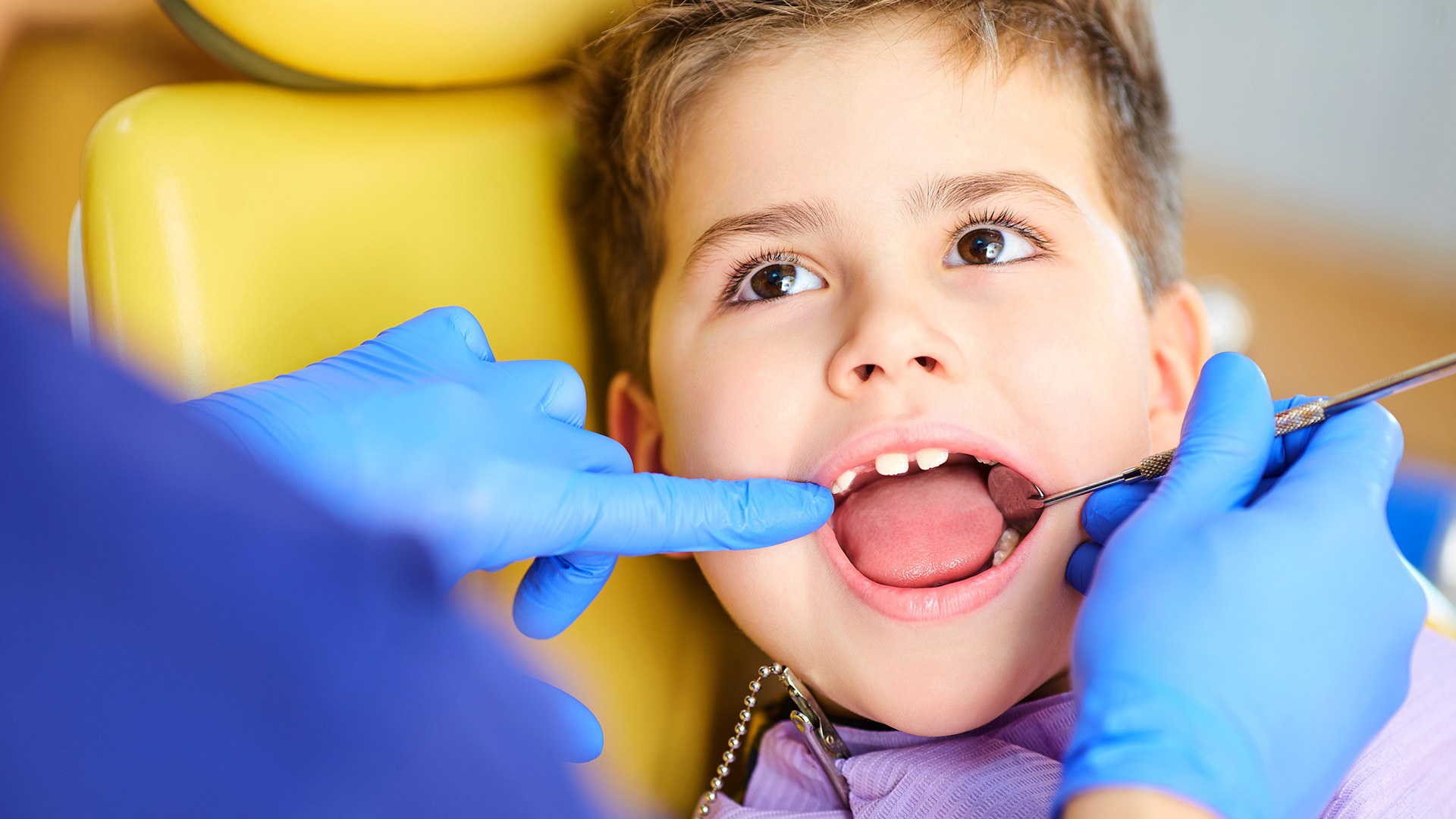Understanding dental age milestones ages 0-12 is crucial for parents and caregivers navigating the oral health journey of children from infancy to age 12. Each stage presents unique challenges and opportunities for effective dental care. From infants’ first teeth to the transition to permanent teeth in school-aged children, this guide explores key milestones that shape your child’s dental health. By familiarizing yourself with these stages, you can ensure your child receives the best care for a healthy smile. Let’s delve into the critical phases of dental development and discover valuable tips for maintaining optimal oral health.
Infancy (0-12 Months)
The teething process typically begins around six months, but can start as early as three months or as late as twelve months. During this time, primary teeth, known as baby teeth, begin to emerge, often causing discomfort. The timeline follows a predictable pattern, with lower central incisors appearing first, followed by upper central incisors and others. Understanding this timeline helps parents manage their child’s teething experience.
Infants’ first teeth are crucial for oral health, aiding in chewing and speaking, and serving as placeholders for permanent teeth. They contribute to proper jaw alignment and guide permanent teeth eruption. Maintaining good oral hygiene is essential from the outset, even before the first teeth erupt.
Teething can be challenging for infants and parents. To soothe discomfort, parents can massage the gums with a clean finger or use chilled teething toys or cold washcloths. Ensure any objects given are safe for the child’s age. If discomfort persists, consult a pediatric dentist for guidance and support in infant dental care.
Toddlerhood (1-3 Years)
Toddlerhood is an exciting phase in dental development, marked by the eruption of primary teeth. Typically, the first primary teeth, often the lower central incisors, emerge around six months, and by age three, children should have a full set of 20 primary teeth. Understanding eruption patterns helps anticipate dental needs and provide better care.
Establishing good oral hygiene habits early is crucial for overall health. Begin by wiping baby’s gums with a soft cloth after feedings. Once the first tooth appears, switch to a small, soft-bristled toothbrush with a smear of fluoride toothpaste. Encourage toddlers to participate in brushing routines, making it fun and engaging to foster a positive attitude towards oral hygiene.
Schedule your child’s first dental visit by their first birthday or within six months of the first tooth appearing. This early visit allows the dentist to monitor dental development, provide guidance on infant dental care, and address concerns. Regular check-ups set the foundation for a lifetime of healthy smiles and help prevent dental issues.
Preschool Age (3-6 Years)
During preschool years, ages 3 to 6, encouraging healthy dietary habits is essential for optimal dental health. Provide a balanced diet rich in fruits, vegetables, whole grains, and dairy products while limiting sugary snacks and beverages to prevent cavities and ensure proper teeth development. Introduce children to brushing twice a day with fluoride toothpaste to instill good oral hygiene practices early on.
Regular dental check-ups become increasingly significant during this stage. These visits allow early detection of dental issues and help children become familiar with dental environments, reducing anxiety for future appointments. A dentist can monitor teeth development and offer tailored advice to parents on maintaining dental health.
Managing thumb-sucking and pacifier use is crucial as these habits can affect dental alignment and oral development. Encourage children to gradually reduce these habits as they approach age 4. Positive reinforcement and distraction techniques can help children overcome these behaviors. By focusing on these key areas, parents can set a strong foundation for dental health during formative years.
School Age (6-12 Years)
During school age, between 6 and 12, children transition from primary (baby) teeth to permanent teeth. Most children begin losing primary teeth around age 6, with the last typically falling out by age 12. Parents should monitor this transition, as complications like crowding or misalignment may indicate the need for orthodontic intervention.
Recognizing signs of orthodontic issues during this age is vital for dental health. Signs may include difficulty chewing, persistent thumb sucking, or crooked teeth. If you notice these signs, consult an orthodontic expert who can assess dental development and recommend appropriate treatment.
Educating children about dental care importance is essential during this stage. Teach proper brushing and flossing techniques, and emphasize regular dental check-ups to lay the foundation for good oral health. Encourage healthy eating habits and reduce sugary snacks to contribute to dental health, making these years pivotal for instilling lifelong habits.
Overall Dental Care Tips
Establishing a daily oral hygiene routine is essential for maintaining optimal dental health. Brush your child’s teeth twice a day with fluoride toothpaste, using a soft-bristled toothbrush suitable for their age. For younger children, guide them in brushing to cover all surfaces and spend at least two minutes brushing. As they grow, encourage responsibility for dental hygiene while supervising technique.
Understanding fluoride’s role in dental health is crucial for preventing cavities. Fluoride strengthens tooth enamel, making it resistant to decay. Most community water supplies contain fluoride, and many toothpaste brands offer fluoride formulations. For children under six, use a pea-sized toothpaste amount and supervise to prevent swallowing, which can lead to dental fluorosis.
Preventing cavities and tooth decay extends beyond brushing and fluoride use. Encourage limiting sugary snacks and drinks to reduce plaque buildup and cavities. Regular dental check-ups allow early detection of issues and professional cleanings. Teaching daily flossing reduces cavity risk between teeth. Instilling these habits early helps your child enjoy a lifetime of healthy smiles, covering all dental age milestones ages 0-12.
